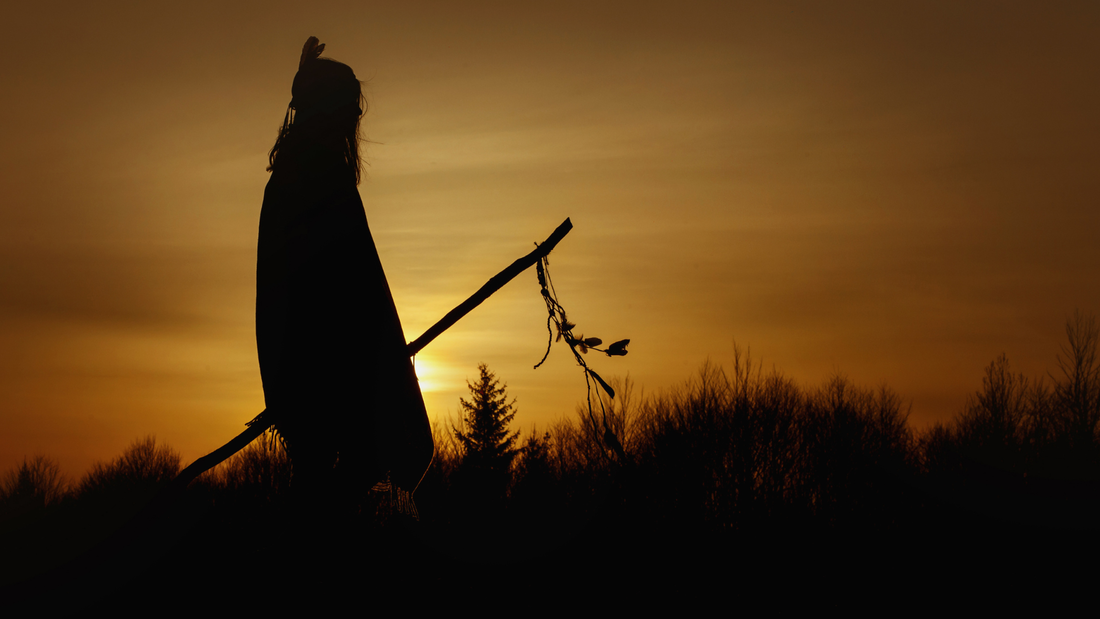|
President Biden on Wednesday gave the people of the Apache Stronghold reason for hope that the administration will weigh in on the side of religious liberty. The president’s statement is the second hopeful sign for the Apache in recent days that their sacred religious site, Oak Flat, will be preserved.
For months, it appeared the only remaining hope for the Apache Stronghold in Arizona to avoid the utter destruction of Oak Flat in the Tonto National Forest was the slender chance the U.S. Supreme Court would take up their case. Losing before the Ninth Circuit Court of Appeals, the Apache certainly had a strong case to make to the Supreme Court that the Ninth had erred. The planned copper mine and land swap authorized by Congress in 2014 and upheld by the Ninth Circuit would desecrate and destroy the Apache’s sacred lands – a centuries-old place of worship, recognized as such in a treaty with Washington. Thus, Oak Flat, or Chi’chil Biłdagoteel as the Apache call it, would make for a model religious liberty test case for the high court. The Supreme Court, however, receives almost 6,000 such petitions each year, many of which also test critical constitutional questions. As a result, the Court only accepts 2.8 percent of petitions (about one-half the rate of acceptance for applicants to Harvard University). Then, in mid-November, the improbable happened – not before the Supreme Court, but before the Ninth Circuit. That court voted to rehear the case before a full court of 11 judges. Such an en banc hearing for a case the court has already adjudicated is extremely rare. Apparently, most judges were skeptical of the ruling of the court’s three-judge panel that held that transforming land central to the Apache religion into a gigantic crater would somehow not infringe on their freedom of worship. Then, on Wednesday, President Biden committed to protecting a site in southern Nevada sacred to the Fort Mojave and other Native American tribal nations – a move rich in implications for the Apache. President Biden promised to create a national monument named after the sacred Spirit Mountain, known as Avi Kwa Ame to the Mojave. This action is consistent with long-standing administration policy of working closely with tribes in an effort to manage lands and live up to treaty obligations. The sacredness of Oak Flat has long been recognized by treaty and in statements between the Apache and Washington, D.C. There are other parallels between Spirit Mountain and Oak Flat. The Apache believe that Oak Flat is a space where the boundary between the human world and the sacred is thin, making it a place to communicate with the Creator. The administration would be following the same policy if it weighs in on the side of the Apache – or intervenes if the Apache should lose in court. It would be consistent for the administration to similarly memorialize and protect Oak Flat in recognition of the Apache’s sacred site. Instead of a copper mine, perhaps the next generation will be able to visit and worship at the Chi’chil Biłdagoteel National Monument. Comments are closed.
|
Archives
June 2024
Categories
All
|
ABOUT |
ISSUES |
TAKE ACTION |



 RSS Feed
RSS Feed